
Headache is a symptom of many illnesses. Similarly stiff neck affects people suffering from certain medical conditions. But if a person suffers from both, headache and stiff neck, the doctor may assume the patient is suffering from limited number of illnesses which typically feature with these symptoms.
Causes of Stiff Neck and Headache
If one suffers from stiff neck and headache this does not have to be related to any kind of illness. Namely, bad posture most commonly causes headache accompanied by stiff neck. It is a common knowledge that people who have their heads in a particular position for a long time and those who do not use any pillow support when going to bed are more prone to develop these symptoms. Furthermore, these two symptoms may be a consequence of prolonged exposure to stress.
On the other hand, stiff neck and headache may be a feature of some serious medical conditions such as head and neck injuries and meningitis.
Any kind of injury to the head may result in headache and stiff neck if serious enough. Direct blow to the head or indirect injury caused by a fall may feature with both of these symptoms. In this case there are additional symptoms and signs and the patient undergoes certain examinations and tests which will determine the extent of damage to the brain and its membranes.
Meningitis is typically accompanied by headache and stiff neck. In bacterial meningitis the infection is caused by specific bacterial species. These infective agents first affect the upper respiratory tract and then spread onto the meninges. Apart from stiff neck and headache patients suffering from bacterial meningitis also develop slight fever, nausea, vomiting and they are sensitive to light. Even if meningitis is caused by viruses the symptoms are headache and stiff neck.
Treatment for Stiff Neck and Headache
The treatment for stiff neck and headache can only start once the underlying cause has been identified.
Patients who have had head injuries undergo thorough physical and neurological examination. The doctor also performs CT scan or MRI of the head to estimate the damage to the brain tissues. Once these tests and examinations are performed patients are suitably treated.
In case of meningitis a doctor performs physical and neurological examination. The diagnosis is confirmed after examination of cerebrospinal fluid taken during spinal tap procedure. In bacterial meningitis there are characteristic changes in the spinal fluid which help in setting of the diagnosis. This also refers to viral meningitis. Once the doctor has determined the cause of meningitis he prescribes suitable medications.


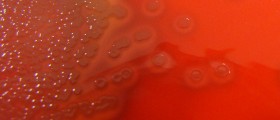

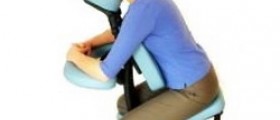
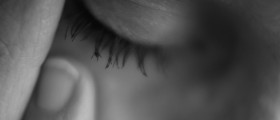
-Causes,-Symptoms,-Diagnosis,-Treatment_f_280x120.jpg)
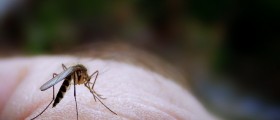

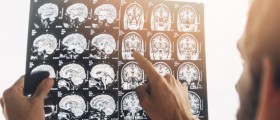
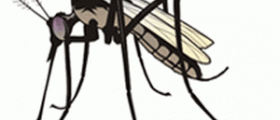
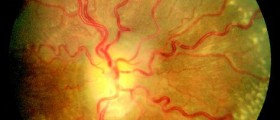


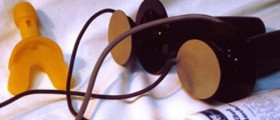

-And-Multiple-Sclerosis-Differences-And-Similarities_f_280x120.jpg)
Your thoughts on this
Loading...